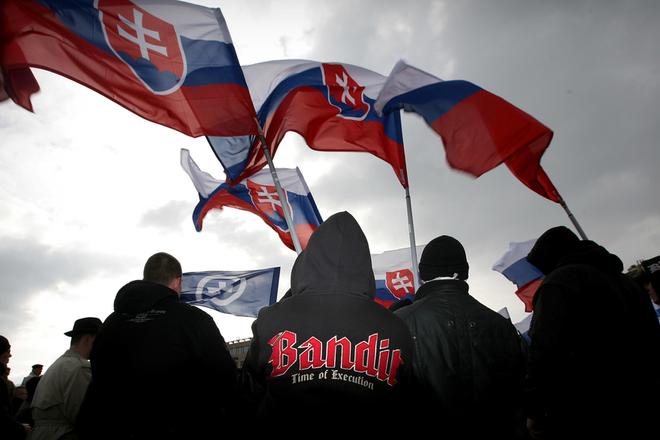Only 16 percent of people would prefer the abolition of the parliamentary system and to replace it with a dictatorship. Their number dropped from 24 percent measured by the Focus pollster for the economic think tank INEKO at the turn of October and November 2016 on 1,020 respondents.
The institute decided to repeat the survey in the second half of January 2017, responding to some journalists and experts who expressed doubt over the wording of a question asking the respondents about alternatives to the current state of democracy. The critics pointed out that dictatorship or quitting the EU is an alternative, so the results might be distorted, showing higher numbers, INEKO explained in a blog post.
In the recent poll, the respondents were divided in two groups, composed of 502 and 506 respondents. While they asked the former the same question as in the earlier poll, the latter were asked a slightly modified question.
“The results disproved the doubts of the critics as they did not show any statistically important differences between the answers to various questions,” INEKO wrote in the blog.

The January poll showed three significant changes. Except for the drop in the number of people preferring dictatorship, also the number of respondents supporting the departure of Slovakia from the EU fell: from 35 percent to 28-30 percent.
Moreover, the share of people preferring the stronger state position in economics decreased from 44 percent to 37-39 percent, INEKO wrote.
“We don’t know the reasons for these changes,” INEKO wrote. “We can only guess that people’s opinions might have been impacted by broad coverage of the results from the November poll or relatively intensive discussions about the nature of liberal democracy.”
Other reasons may include the missing context of questions which were not repeated in the January poll.
Martin Sloriarik of Focus said that the changes may have been caused by a certain degree of uncertainty over the development of the security situation in the world, which may be demonstrated by stronger association with existing institutions, like the EU, the parliamentary system etc.
Both polls suggest that there are still only a few people who reject democracy and the EU. Instead, most of the population supports democracy. More than two-thirds of respondents think it may improve with the bigger involvement of decent people in the management of public affairs.
Moreover, nearly two-thirds of people want to strengthen the independence and professionalism of police investigators, the prosecutor’s office, the courts, and supervision and regulatory authorities to reduce the risk of the abuse of power, INEKO informed.



 Illustrative stock photo (source: Sme)
Illustrative stock photo (source: Sme)